Trump Administration To Replace Travel Ban With Restrictions On Certain Countries
WASHINGTON ― President Donald Trump’s travel ban for foreign nationals of six Muslim-majority nations will likely soon morph into restrictions against citizens of even more countries, according to reports on Friday.
The administration is expected to announce travel restrictions on eight or nine countries by Sunday, the same day that a 90-day travel ban required by executive order expires, the Wall Street Journal reported.
The Trump administration confirmed that restrictions will be coming soon, but did not provide details about when, which countries will be singled out or what the policy changes will be, because the president has not yet made an announcement. Officials said the restrictions will be tailored to each country based on concerns about their record-keeping and information-sharing ― meaning some will face enhanced vetting measures for their citizens and others will face more extensive limits.
The new restrictions are the latest in Trump’s efforts to keep certain people out of the U.S., which began during his campaign as a promise to ban all Muslims, shifted when he became president to an effort to temporarily bar entry for certain foreign nationals and refugees, and now could make it harder or impossible for people from certain countries to get into the U.S.
A battle over Trump’s travel ban executive orders is still playing out in court ― with a hearing scheduled for Oct. 10 at the Supreme Court over rulings that blocked key provisions ― but the president indicated there would be more to come. After a terrorist attack in London last week, Trump tweeted that ”[t]he travel ban into the United States should be far larger, tougher and more specific-but stupidly, that would not be politically correct!”
Trump administration officials said the restrictions set to be announced, like the travel executive orders before them, are necessary to prevent terrorists from entering the United States.
Unlike the initial travel ban executive order, the new restrictions are based on months of reviewing vetting practices, and work with foreign countries to determine which are unable or unwilling to provide the information necessary to verify their nationals’ identities and that they are not a threat, government officials said.
“The screening and vetting status quo for border and immigration security is ... no longer adequate to combat terrorism and transnational criminal threats to the United States,” Miles Taylor, counselor to the secretary at the Department of Homeland Security, said on a call with reporters. “Our enemies and our adversaries are dead set on exploiting our defenses to enter our country, and we’ve got to do something and everything possible to keep nefarious actors out while facilitating the lawful entry for people around the world.”
Trump’s executive order required the Department of Homeland Security to conduct a review of the government’s ability to vet would-be travelers to the country. During that time, the U.S. government made it “crystal clear” to countries that they could end up facing consequences if they were unable to meet certain standards, Taylor said.
DHS determined that 17 countries did not meet those standards, but about half improved their practices, the Wall Street Journal and New York Times reported (the administration declined to confirm any numbers). Countries that improved their standards will not face restrictions for the time being.
The countries that will face travel restrictions were either unable to meet standards or unwilling to work with the U.S. to improve their practices.
“Some countries didn’t even have the courtesy to say ‘Fly a kite,’” Taylor said. “We’re talking about in some cases, countries that were willfully noncompliant and refused to engage with the United States. ... We had a range of countries from total willful noncompliance and non-engagement to countries that maybe couldn’t meet the requirements but were interested in doing so.”
The process for setting the new restrictions stands in stark contrast with Trump’s initial executive order, which was announced and implemented so quickly that it caused chaos at airports and kept people who legally lived in the U.S. from entering.
The new restrictions have been reviewed by the Department of Justice, which is prepared to defend them and any other future actions in court, White House spokesman Raj Shah told reporters.
Meanwhile, the Department of Justice will continue to “vigorously defend” Trump’s travel ban executive order, according to spokeswoman Sarah Isgur Flores.
Administration officials insisted the travel ban was needed to create the new vetting measures.
“What happened prior to this was a necessary antecedent to this process,” Taylor said. “In other words, we needed a temporary suspension on certain countries in order to buy us the time, the breathing room and the security to be able to establish this worldwide baseline.”
Also on HuffPost
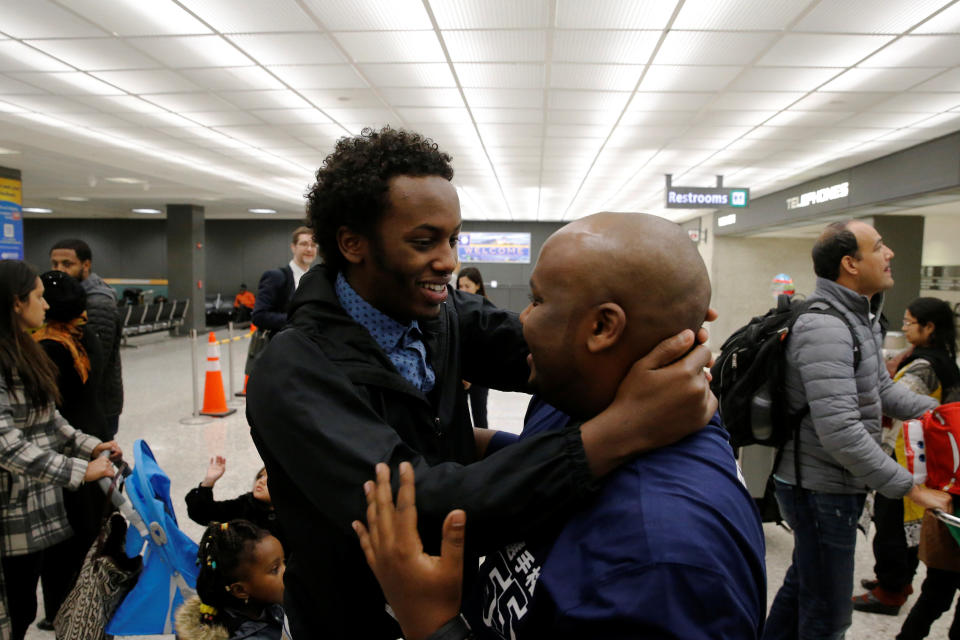

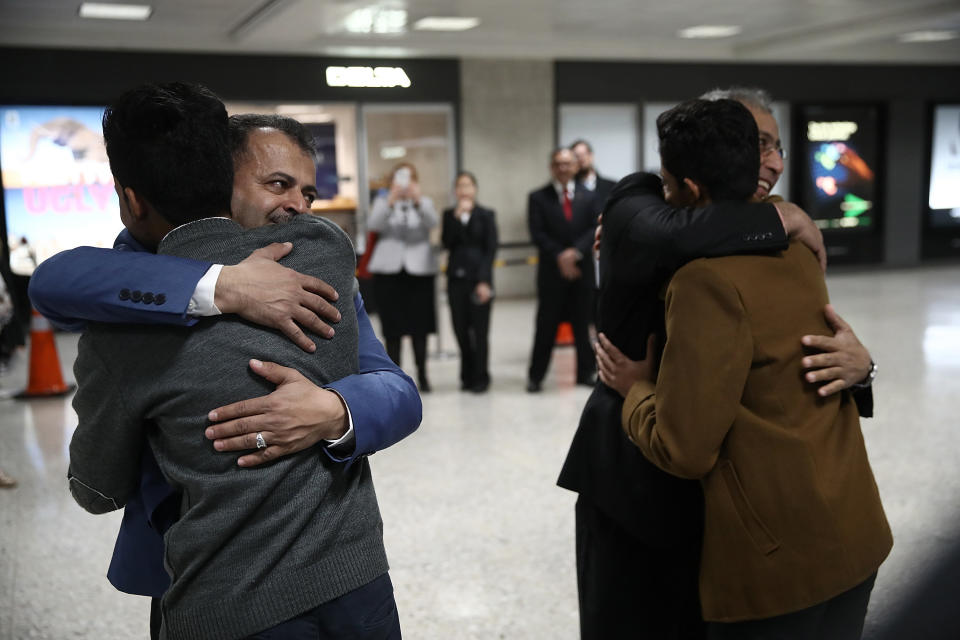

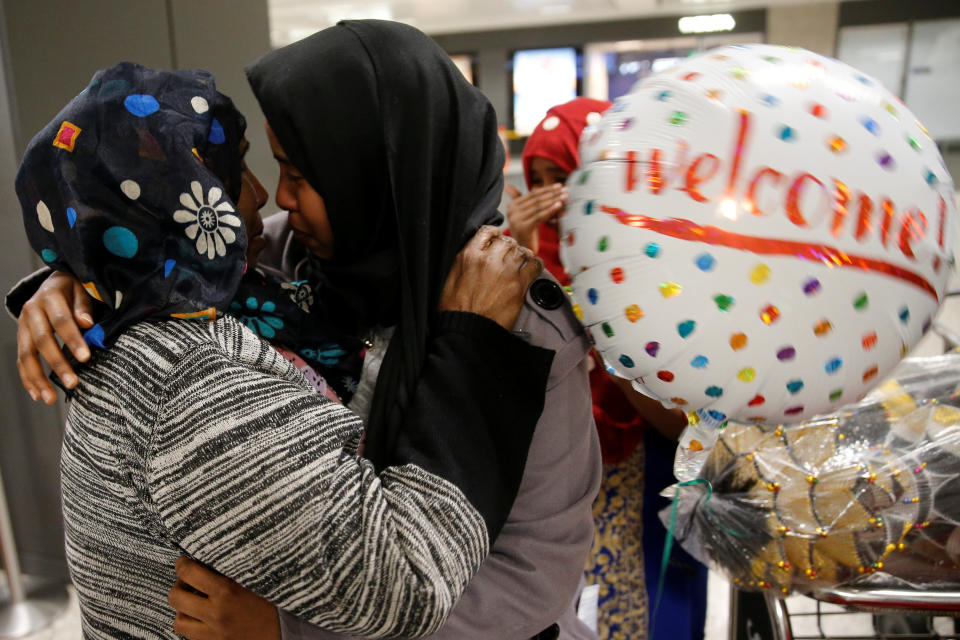
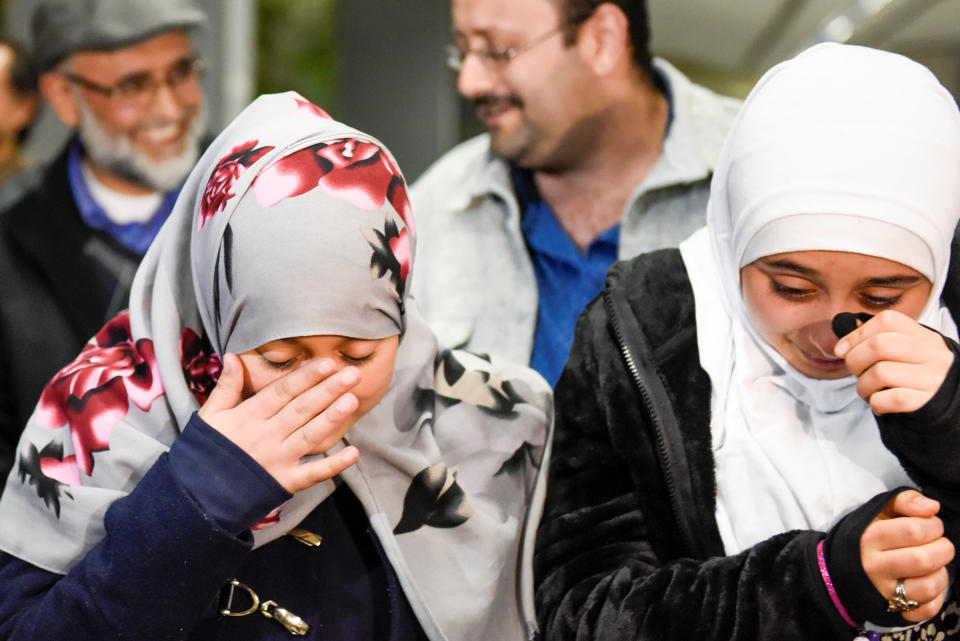


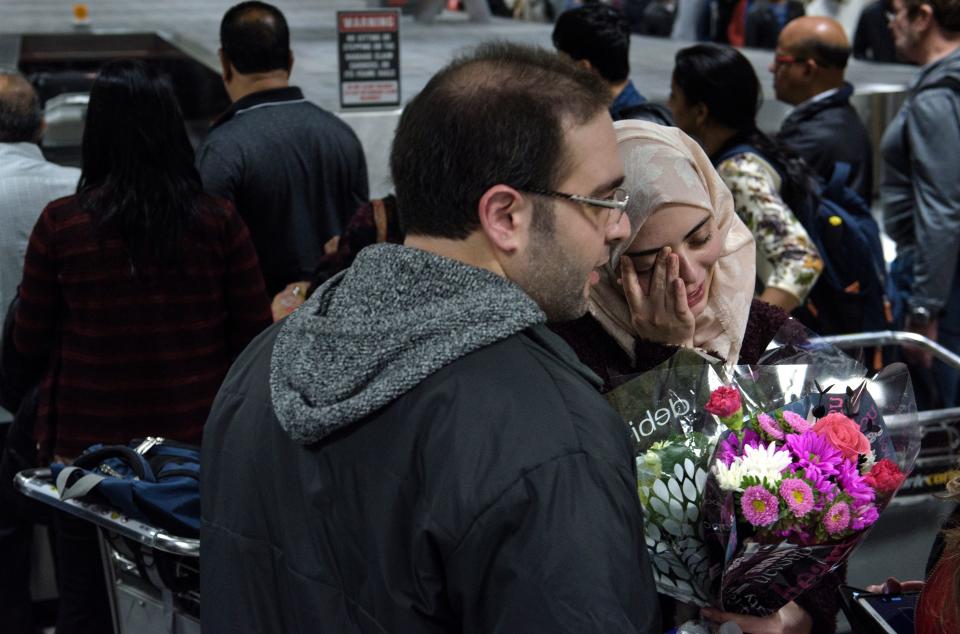
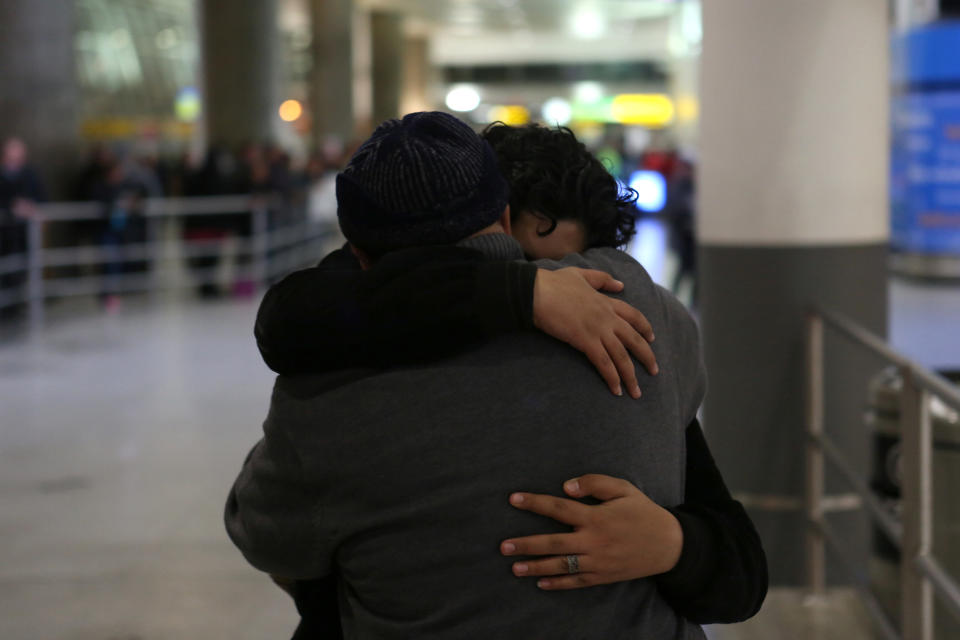
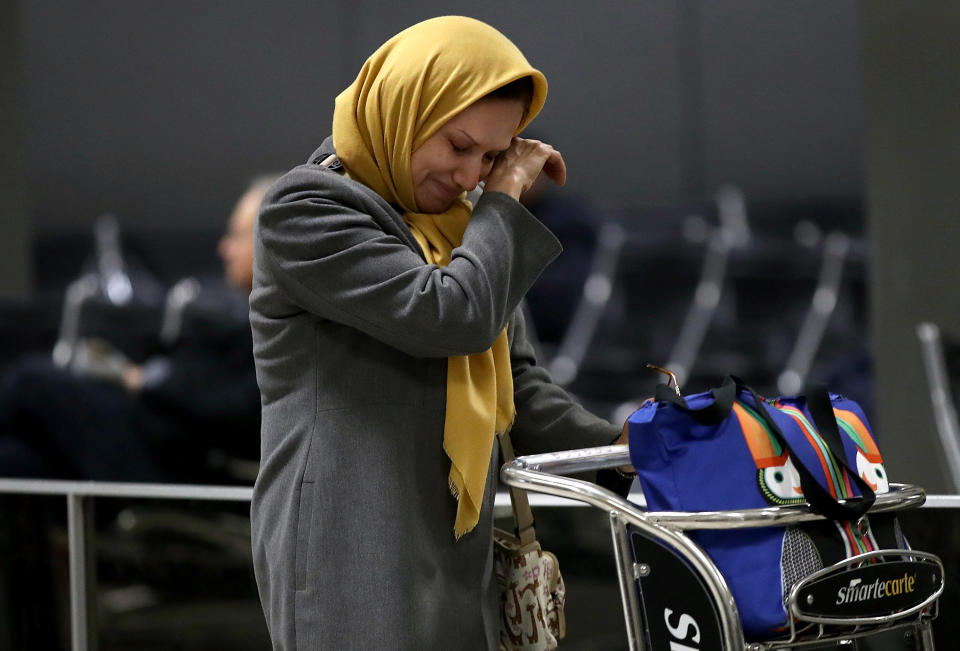
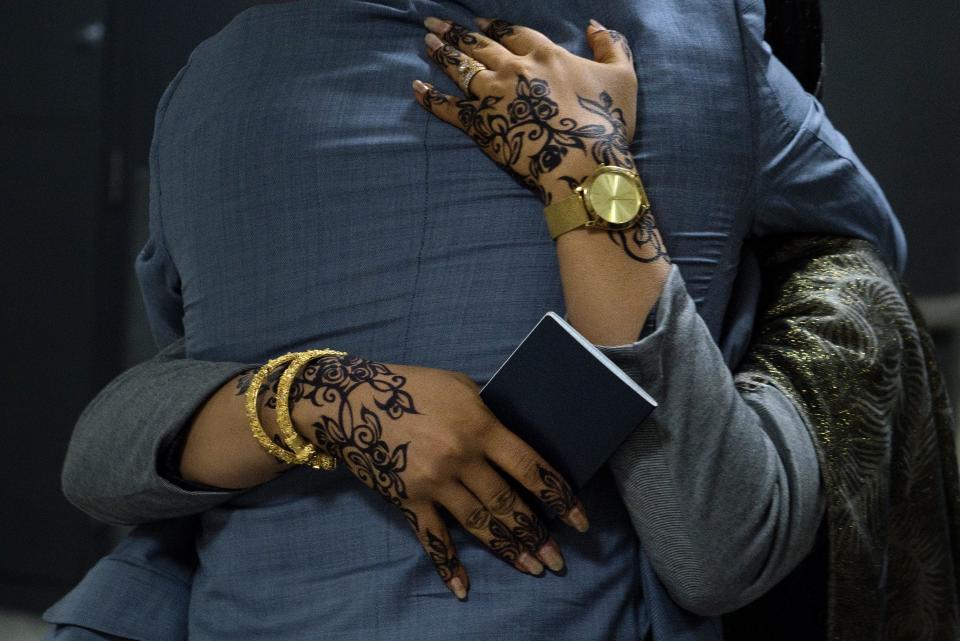
Love HuffPost? Become a founding member of HuffPost Plus today.
This article originally appeared on HuffPost.

